When Property Ownership Was Eliminated As A Requirement For Voting In The United States
The Twenty-fourth Amendment to the Constitution of the United States which took effect on 23 January 1964 outlawed property qualifications for voting in federal elections by abolishing all poll or other taxes as requirements for voting. The 26th Amendment says that states have to allow the right to vote in which case.
Https Www Jstor Org Stable 3874908
Vermont was the first state to eliminate all property and taxpaying qualifications for voting.
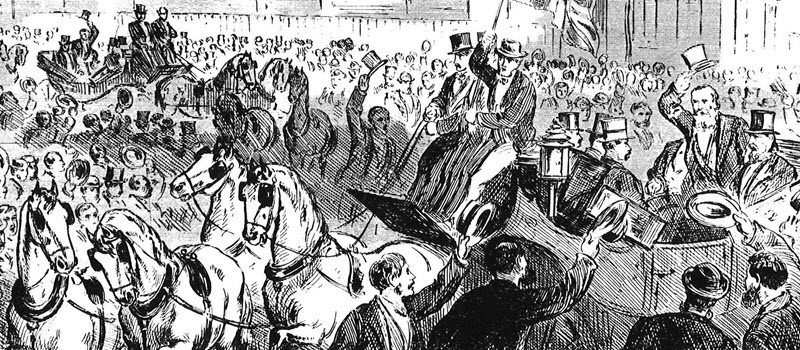
When property ownership was eliminated as a requirement for voting in the united states. 1868 Former slaves granted citizenship 14th Amendment to the US Constitution passed. By 1790 all states had eliminated religious requirements for voting. Our vote on candidates in many cases are also indirect.
C citizenship residence and age. This happened around 1800 when the USA was growing. As a result approximately 60 to 70 percent of adult white men could vote.
Only members of the House of Representatives had to be elected directly by the people and the Constitution left it. The 24th Amendment forbids the use of. Other states allowed anyone who served in the army or militia to vote.
In response lawmakers drafted a Grandfather Clause which created an exception for those whose ancestors were registered to vote before 1867. What was a voting requirement that all states except Rhode Island had eliminated by 1860. Last religious prerequisite.
More American citizens were allowed to vote than citizens in any other country. North Carolina is the last state to remove property ownership as a requirement to vote. By about 1860 most white men without property were enfranchised.
So it was not really a matter of abolishing those restrictions as of not introducing them in the first place - most new states follwed suit. Which is why Presidents of the United States can get elected without a majority of the popular vote. For instance it is the electoral college who elects the president not the direct vote.
Later during the Reconstruction period following the Civil War Congress passed the Fifteenth Amendment to the Constitution which ensured that people. Vote in state elections is not expressly guaranteed by the United States Constitution8 When the Constitution was ratified most of the states required property ownership as a qualification for voting in a general election9 Most of these voting requirements lasted. Dec 13 1790 Only White Male adult Property-Owners have the right to vote.
Our vote on issues instead of being a direct one on one vote is indirect. B citizenship property ownership and gender. In 1966 the Supreme Court extended this prohibition to state elections when it held in Harper v.
It was the result of the passage of the 24th Amendment. Dec 13 1850 Property ownership and tax requirements eliminated. When property ownership was eliminated as a requirement for voting in the United States.
The first state to have no property requirements for voting was Vermont when it joined the union in 1791. Owning property Which tribes were targeted by the Indian Removal Act of 1830. Which voting requirement was the first to be eliminated.
This clause enabled many illiterate and poor white men to get around the literacy and property requirements. It was the result of the Supreme Court decision in Plessy v. Dec 13 1810 Religious Requirements for voting was eliminated.
Property ownership as a qualification for voting that requirement was removed in a few short years. President Andrew Jackson champion of frontiersmen helped advance the political rights of those who did not own property. D income employment and age.
Dec 14 1890 Mississippi adopts a literacy test to keep African Americans from voting. 28 rows Only white male adult property-owners have the right to vote. At first white men with property were the only Americans routinely permitted to vote.
Which once kept certain groups of voters such as African Americans Native Americans and Latinos from voting. The three universal requirements States use for a person to be eligible to vote are a residence gender and income. Thus any overtly plutocratic elements in the government were soon eliminated.
During the early part of the 19 th century state legislatures begin to limit the property requirement for voting. There is of course no such requirement in the Constitution. All adult males were allowed to vote.
 For Election Day A History Of The Poll Tax In America
For Election Day A History Of The Poll Tax In America
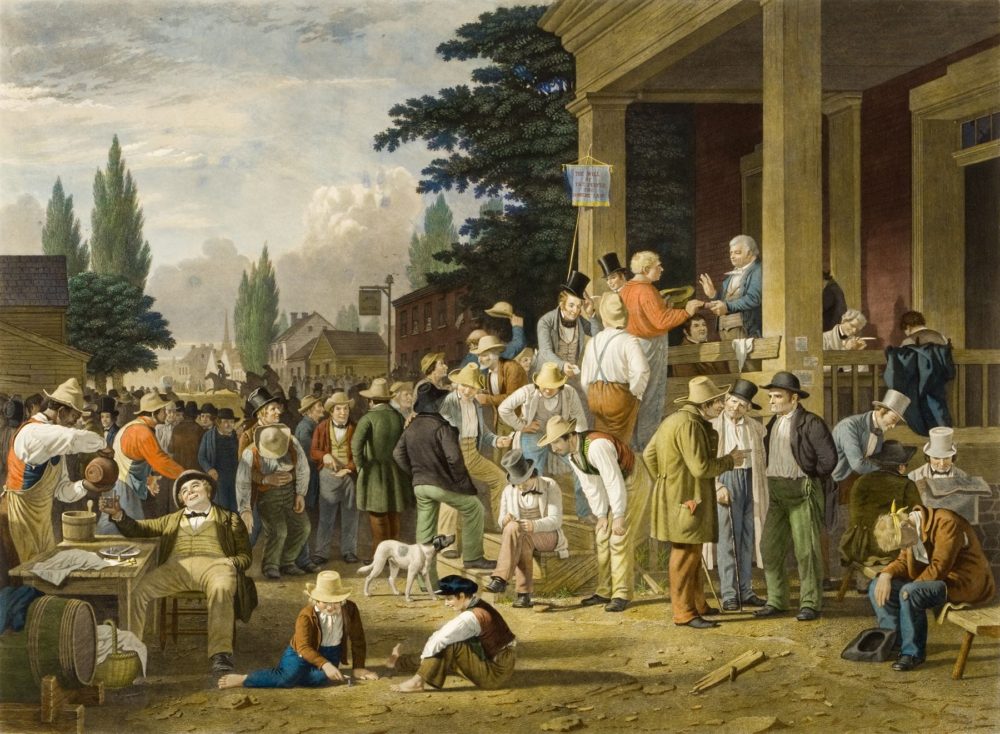 Expanding Democracy Article Khan Academy
Expanding Democracy Article Khan Academy
Voting And Elections In Early America Constitutional Rights Foundation Barat Educaton Foundation Library Of Congress Teaching With Primary Sources Google Arts Culture
 Chapter 1 A History Of The Vote In Canada Elections Canada
Chapter 1 A History Of The Vote In Canada Elections Canada
 Chapter 1 A History Of The Vote In Canada Elections Canada
Chapter 1 A History Of The Vote In Canada Elections Canada
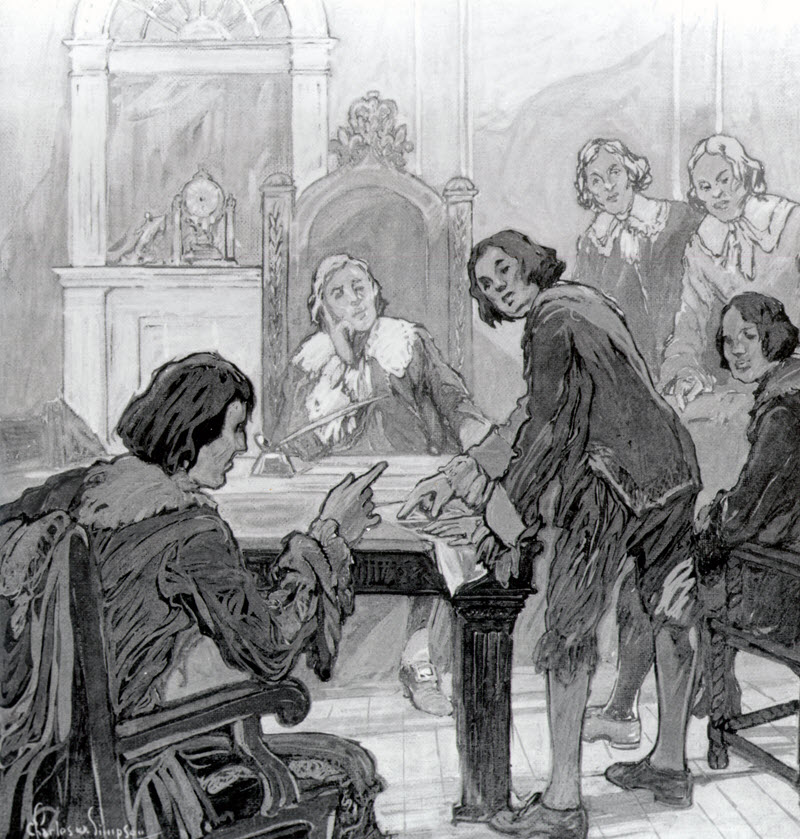 Chapter 1 A History Of The Vote In Canada Elections Canada
Chapter 1 A History Of The Vote In Canada Elections Canada
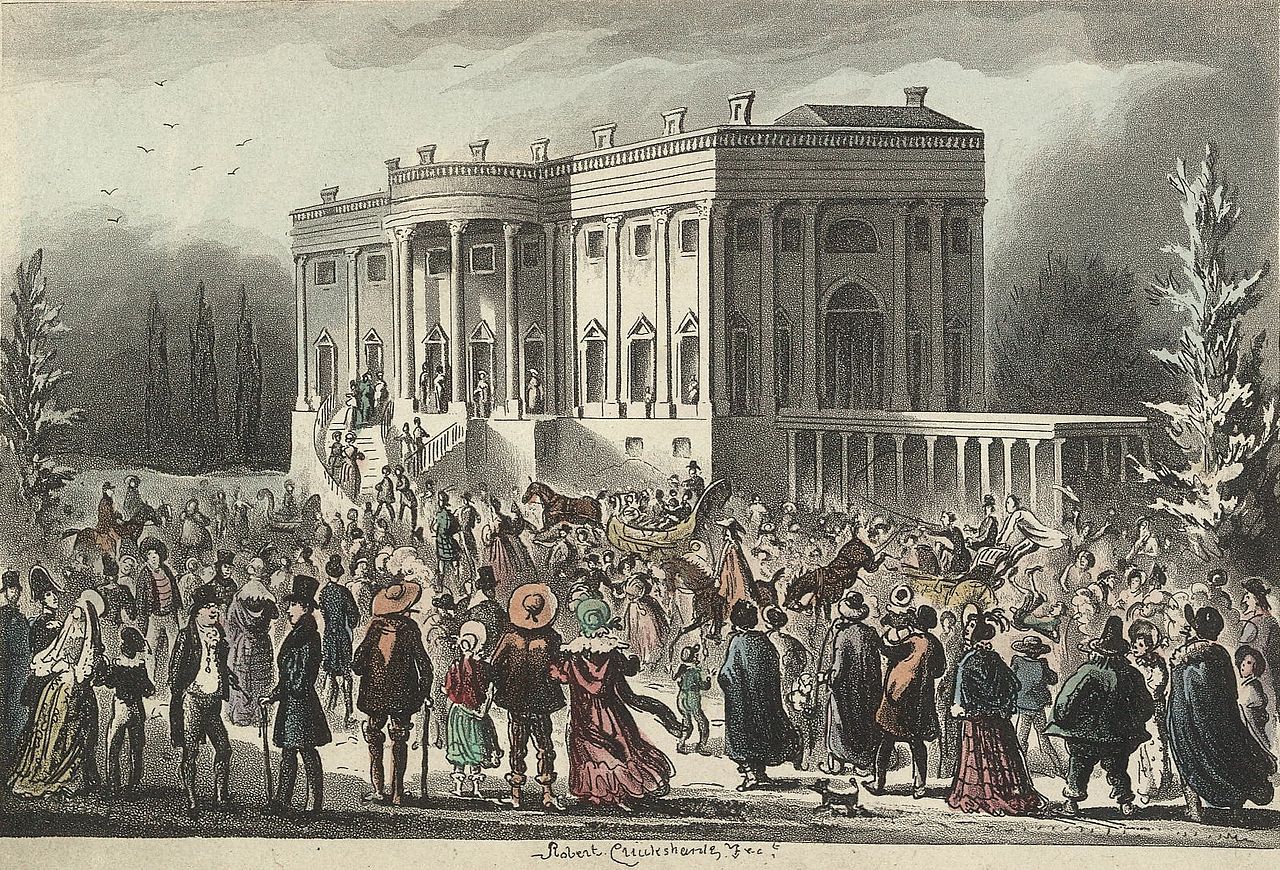 Expanding Democracy Article Khan Academy
Expanding Democracy Article Khan Academy
Interpretation The Twenty Fourth Amendment The National Constitution Center
 Real Property Ownership And Taxation Legal Resources Ceb Ceb
Real Property Ownership And Taxation Legal Resources Ceb Ceb
 Real Property Ownership And Taxation Legal Resources Ceb Ceb
Real Property Ownership And Taxation Legal Resources Ceb Ceb
 The Elm The History Of Voting In The United States
The Elm The History Of Voting In The United States
Labels: eliminated, property
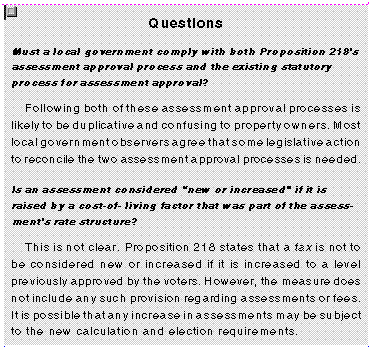
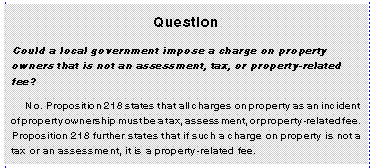
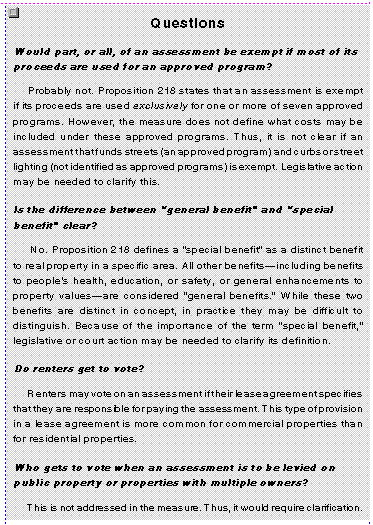

0 Comments:
Post a Comment
Subscribe to Post Comments [Atom]
<< Home